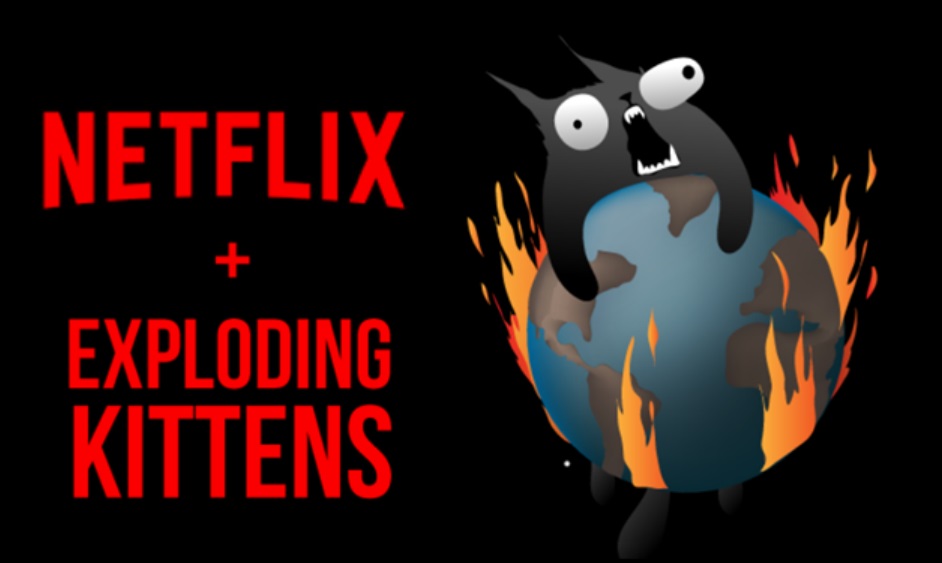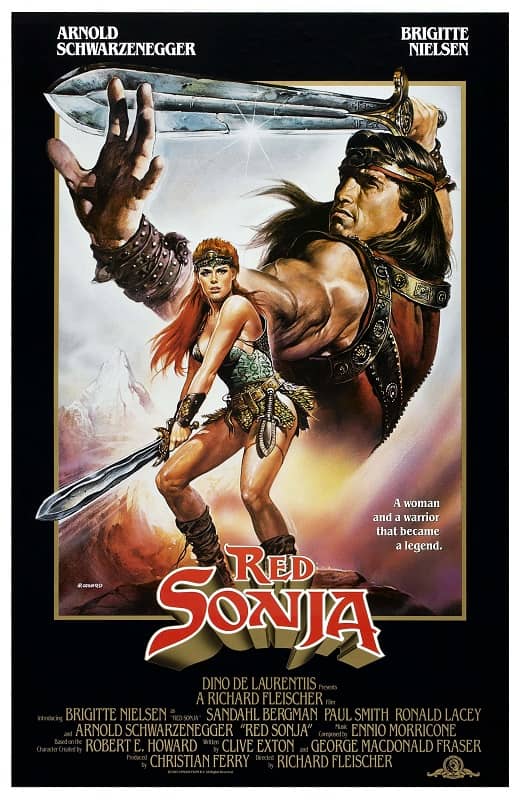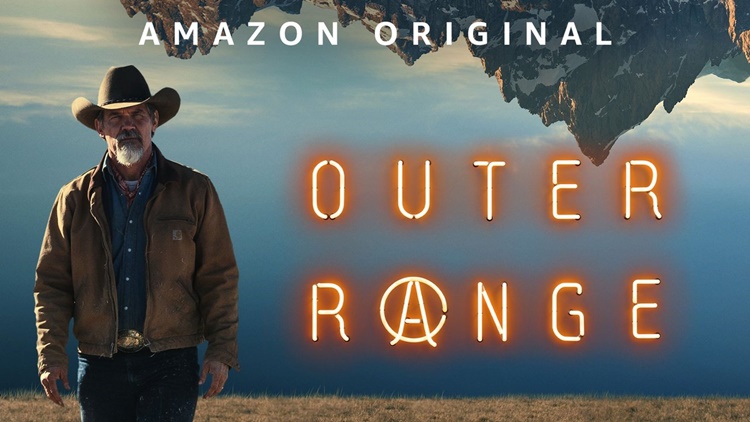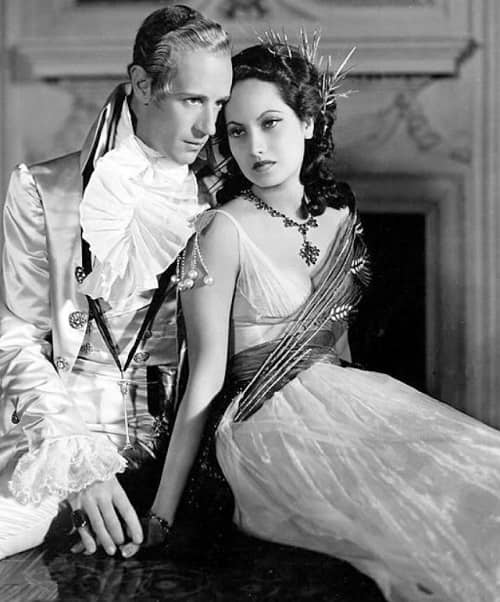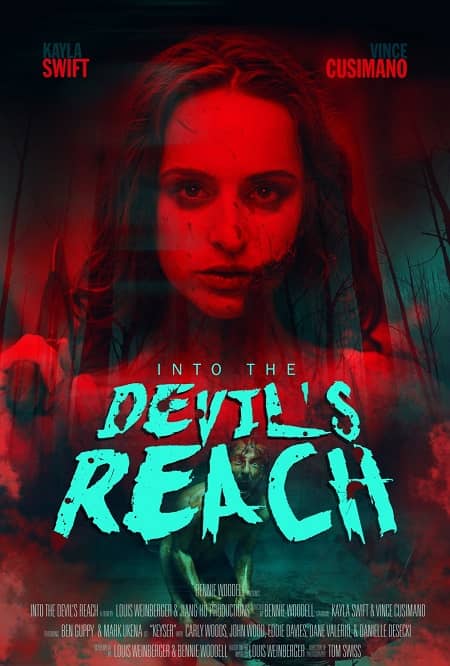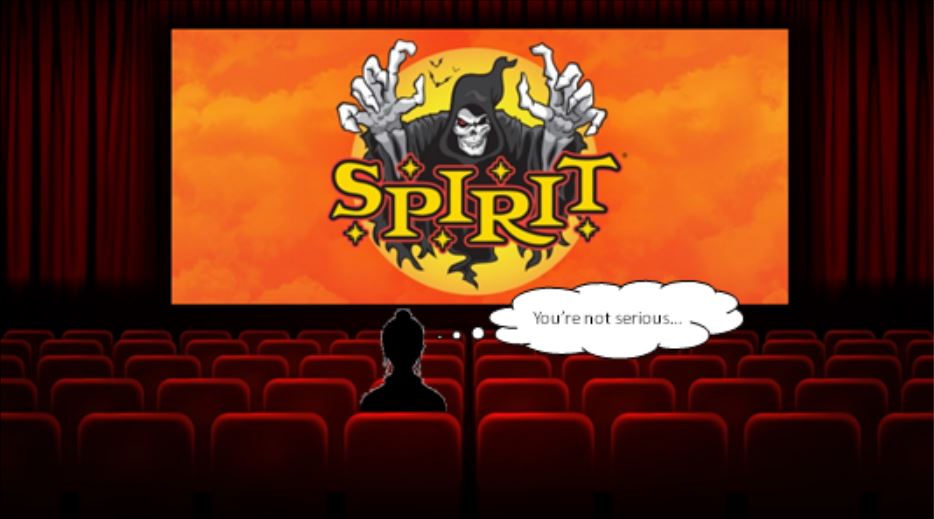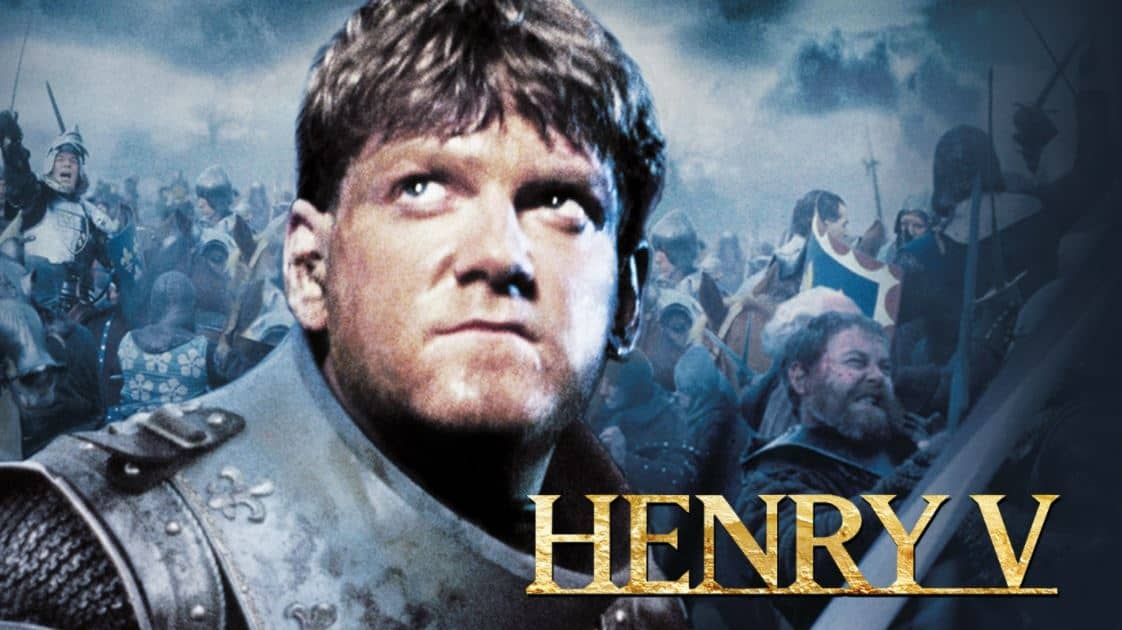Goth Chick News: When God and Satan Came to Earth as Cats
This might be the best news I’ve heard since Michael Bay dropped his idea to remake The Birds.
If you’re not already familiar with The Oatmeal, it’s a webcomic and humor site created in 2009 by cartoonist Matthew Inman. Inman posts original comics, quizzes, and occasional articles, most of which make me laugh outload, and occasionally snort my beverage out my nostrils. As someone who deliberately and desperately avoided parenthood, one of my all-time favorites is Having a Baby vs. Having a Cat which contains the immortal line, “Babies come shrieking into this world as selfish, amniotic, jam-covered goblins; whereas cats come into this world as kittens, which are independent, adorable, and not at all goblin-like.”
Genius.
But Inman has also produced a series of related books and games, one of which is a card game called Exploding Kittens. Originally proposed as a Kickstarter project seeking $10,000 in crowdfunding, it exceeded the goal in eight minutes, and on January 27, 2015, seven days after opening, it passed 103,000 backers setting the record for the most backers in Kickstarter history. When the Exploding Kittens campaign closed on February 19, 2015, it had $8,782,571 in pledges, contributed by 219,382 backers.
